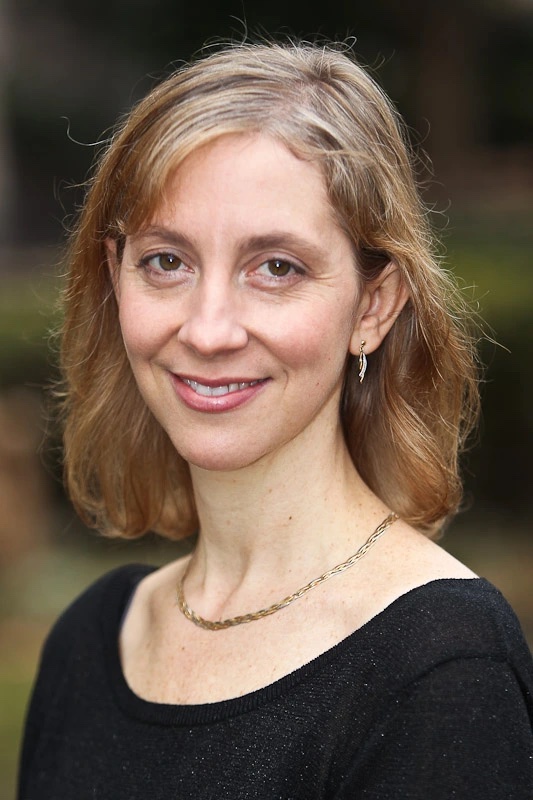One of our longstanding research collaborators is the Brookings Institution in Washington, D.C. We asked Rebecca Winthrop, director at the Center for Universal Education at Brookings, to tell us more about the centre’s work – and why she thinks partnerships are important.
Here’s what she told us about the Center for Universal Education at Brookings’ work with us, and her highlights from 2022:
Every child deserves the best education
At the Center for Universal Education at Brookings, we are focused on rectifying the deep inequalities in education systems. From attending and completing school, to mastering basic competencies like literacy and numeracy, to providing young people with the skills they need to thrive in today's world, such as digital literacy, collaborative problem solving and creative thinking, we want every single child to have that rich educational experience.
It takes all of us to transform education systems
To give every child the same chance to learn, we really need a collective focus that engages everyone in the education ecosystem. This includes ministers of education, as well as other leaders – especially school leaders – and education professionals, such as teachers. It includes families and parents and caregivers and community leaders. That’s everybody who plays a part in a child’s learning journey.
And we’ve always found that partnership between parents (who think about how to develop their kids) and teachers (who make sure kids are learning) is crucial.
When adults in a child’s life are on the same page, we achieve so much more
One thing we know from child development and learning research is that when adults in a child's life are on the same page about the purpose of school and what to achieve, it is much more likely that child will go on to success.
We often talk about re-envisioning the purpose of education. It’s not just a nice thing to do but is a crucial strategic move. When we all focus on the same goals, it’s much easier to transform systems.
We need knowledge and ideas – and good partners - to inspire change
To produce knowledge and inspire change, we need partners. We currently work with about 100 different partners around the world - from governments to nonprofits and private sector organisations, to parent groups and teacher organisations. At the core, we need ongoing support to have independent research - for our scholars to follow the research where it leads us. The LEGO Foundation and others have given us the support to do just that, beginning almost a decade ago when we looked at the skills we need for a changing world. As an example, in this early work, we assumed that decision-makers did not understand the importance of academic plus 21st century skills. If they did, they would do things differently. However, our research, a survey of almost 150 countries, found that assumption was wrong: 80% of countries prioritises this type of education, but less than 10% knew how to deliver it. Consequently, we shifted our line of enquiry from what to do to how to do it. Today, having ongoing funding support, based on the years of where that initial research has led us, is invaluable.
2022 brought big highlights
The thing that stands out most from last year was the Transforming Education Summit (TES) alongside the United Nations General Assembly and the pre-summit by UNESCO in Paris just before that. With the support from partners, policymakers, and other education actors, including the LEGO Foundation, we quickly synthesised and shared our work on systems transformation at the Paris pre-summit.
We outlined our simple 3Ps framework for what education systems transformation really is and to begin the journey (purpose, pedagogy, and positioning).
Leading up to TES, we also mapped and used global discussions about COVID-19 recovery to make the case that this was the moment to rethink education and that ultimately, coming together across diverse sets of education actors on shared priorities is important for systems transformation.
One big question from TES and the surrounding events was around who actually has the power to put the transformations we talk about into practice? We found that teachers, students, families, government officials, and civil society would all like a stronger voice. That’s particularly true in the Global South.
For us, that's a really important call to action: How do we ensure that everyone invested in education systems around the world has a seat at the table?
From the pre-summit to TES, 2022 brought big moments to share our insights, learn from others, and together help shape the education debate.
